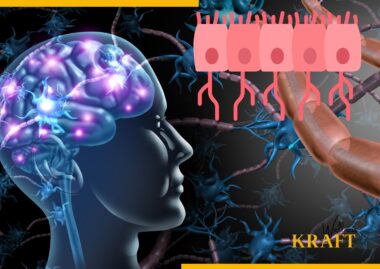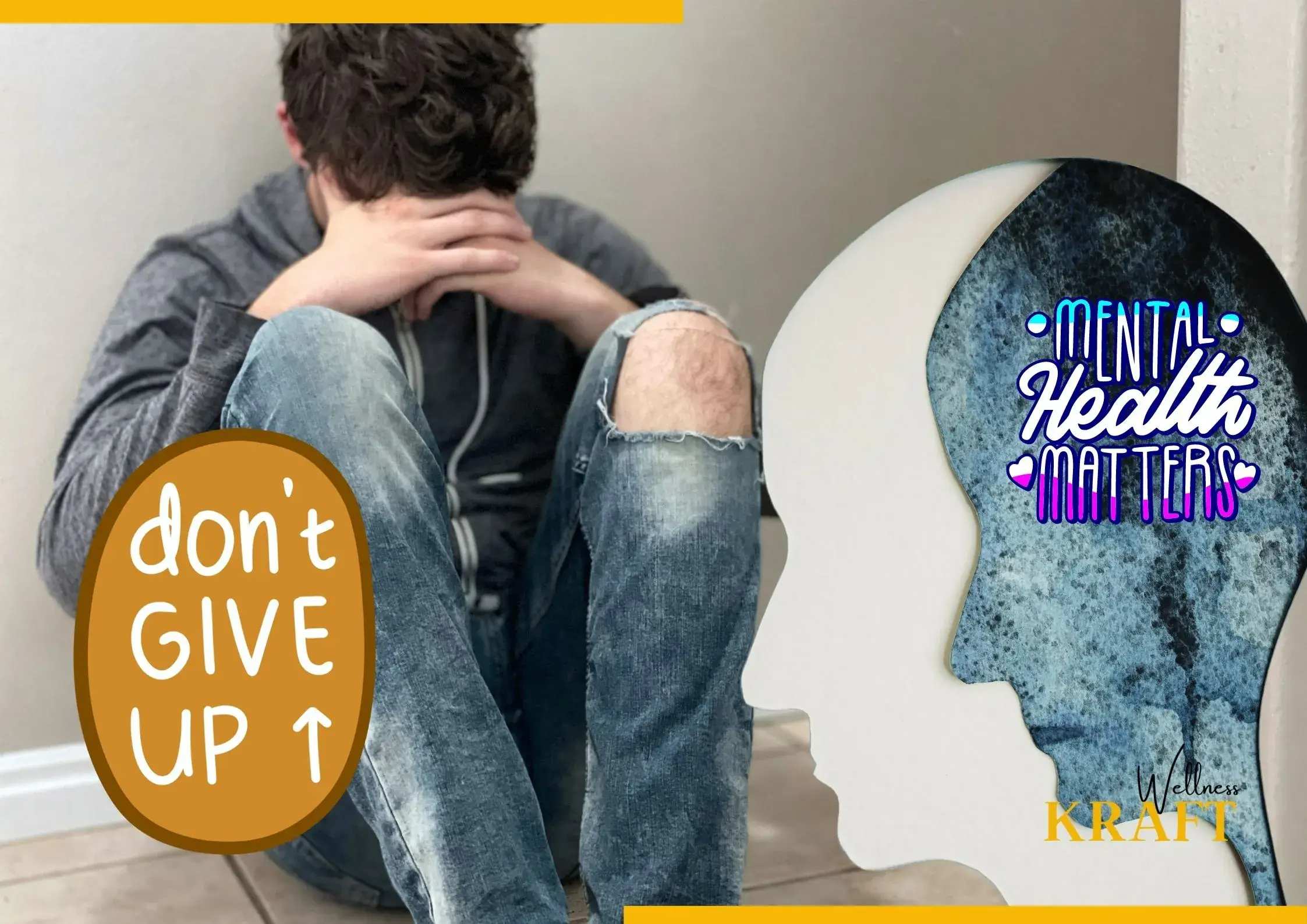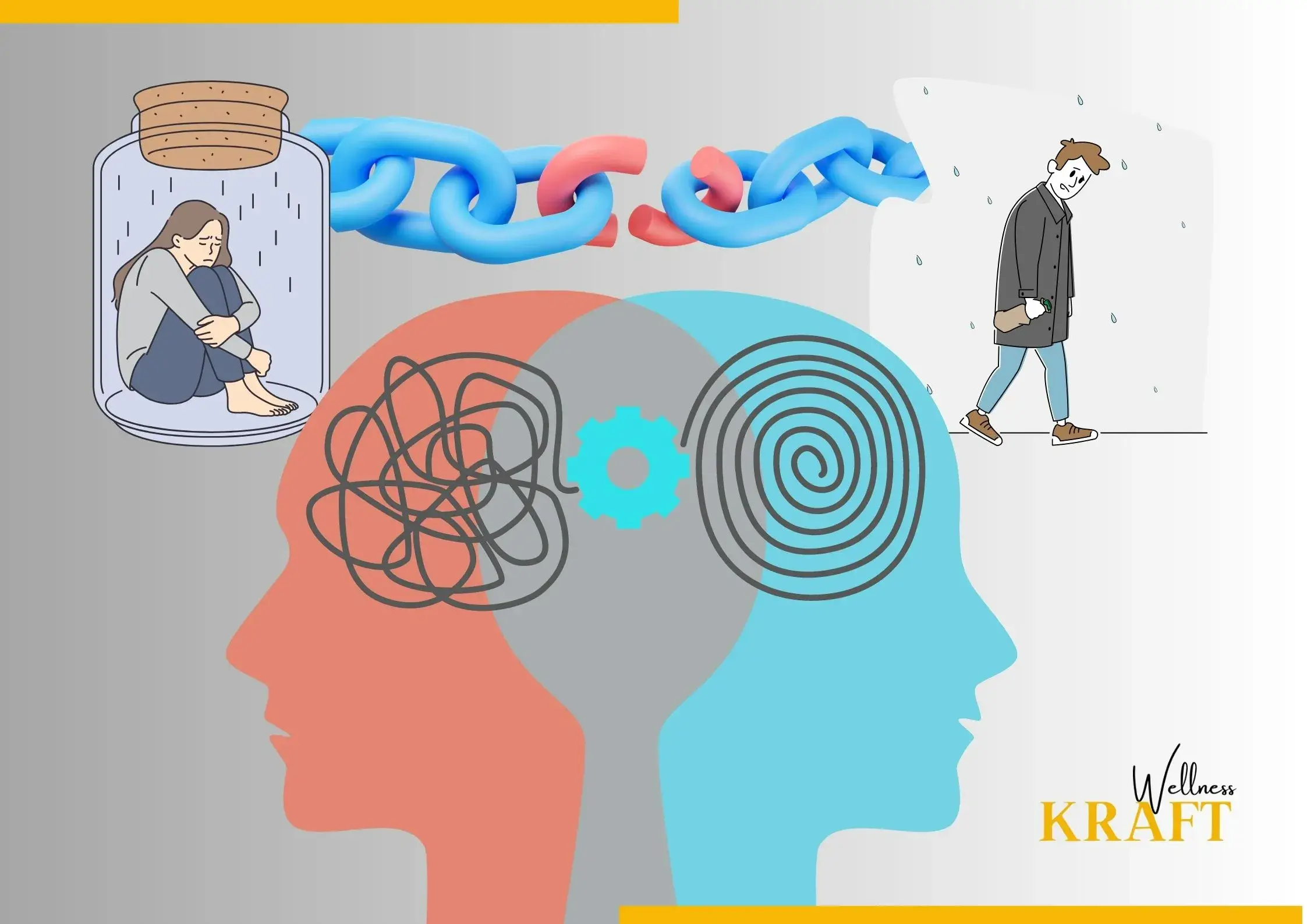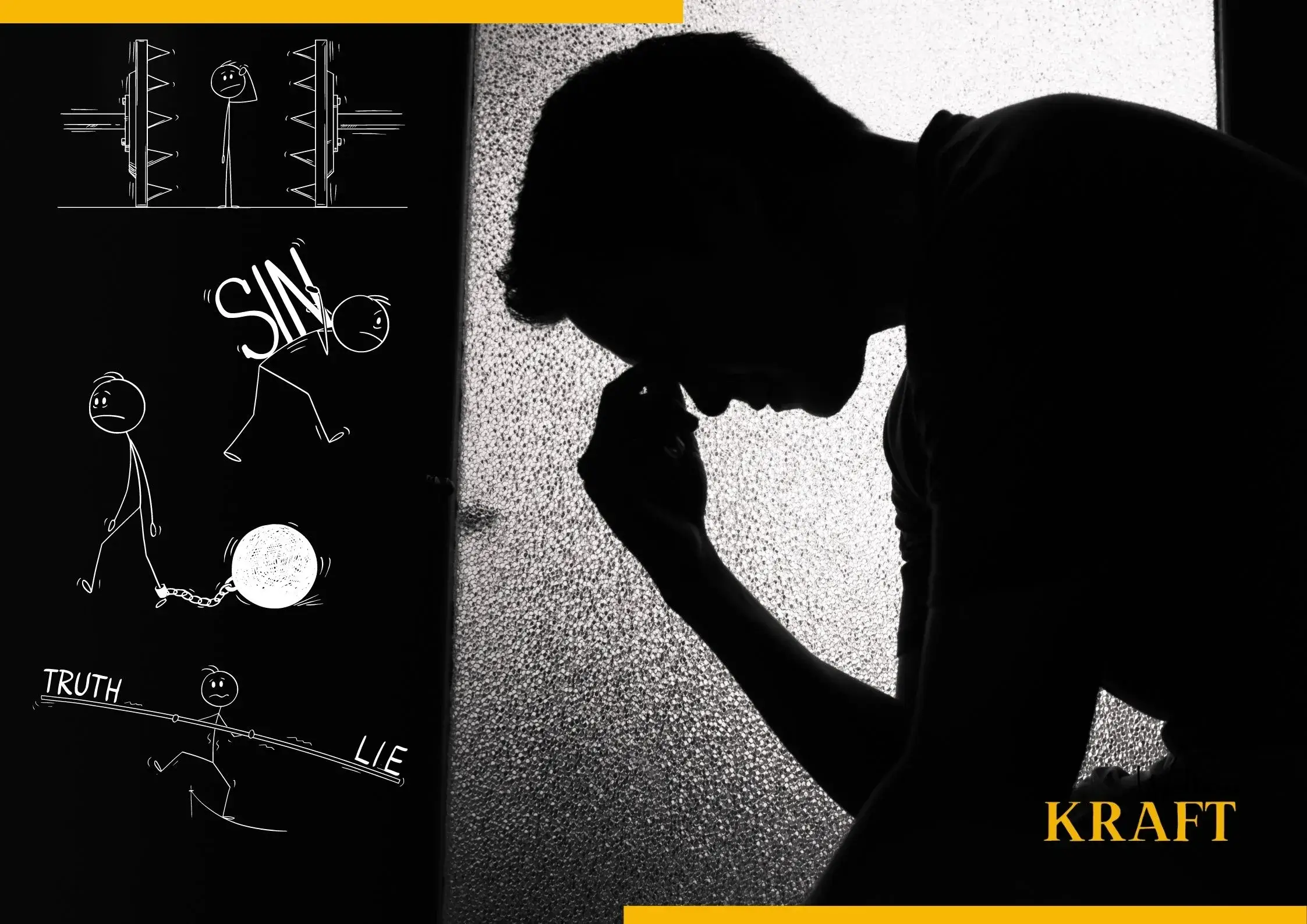“Toxic parents raise children like plants on contaminated soil. They cannot attain their full potential until they are transplanted into a healthier habitat.” – Wellness Kraft
Introduction
Toxic Parenting Impact for your child, you wouldn’t accept anything less than the best, right? You want them to be happy and successful. Even the finest parents, though, occasionally commit errors that unintentionally harm their child’s mental health. Toxic parental behaviour have a detrimental effect on a child’s mental health as well as their ability to form healthy relationships. A child is like a lump of malleable clay; it may be shaped whatever you wish.
Parents have a major impact on their children’s mental health. They must make sure the kids are in a safe, loving environment that promotes sound intellectual, emotional, and social development. This means firmly establishing boundaries and standards while also giving support and encouragement. Anxiety, melancholy, and poor self-esteem are just a few of the mental health issues that can result from abuse, neglect, or overly strict parenting.
Toxic Parenting Impact occurs when parents do acts that are detrimental to their child’s social, emotional, and cognitive growth. Examples include neglect, abuse (physical, emotional, or sexual), excessive control, and unreasonable expectations.
Children with absent or uncaring parents frequently experience emotions of rejection, unworthiness, and hopelessness. In the end, poor parenting happens when parents don’t prioritize their children’s needs and don’t provide them the affection, guidance, and support they need to thrive.
Parenting that is toxic to a child’s mental and emotional wellbeing is called “toxic parenting.” Toxic parents may be abusive, inattentive, domineering, or emotionally absent. The child’s mental health may suffer in the long run as a result of such behaviour.
Low self-esteem is more common in children who have toxic parenting. This is due to the fact that they have been trained to mistrust their own talents and capabilities of others, and they may not have gotten the encouragement and validation they required to cultivate a positive sense of self-worth.
Table of Contents
Let’s look at how toxic parenting may affect a child’s
emotional growth and when it might start to do so
Consequences of poor parenting:
The phrase “Toxic Parenting Impact” is used to characterize parenting styles that may be harmful to children’s mental health. Examples of typical yet hazardous toxic parenting errors include the following:
1. An absence of emotional balance:
We refer to it as emotional neglect when parents don’t show their children enough affection, focus, and praise. Children need to feel loved and respected in order for them to develop healthy ideas of self-worth and emotional control. Someone who has been emotionally neglected may feel unloved, nervous, and unhappy. Nowadays, parents mainly utilise technology to communicate with their kids rather than having in-person interactions this creates a negative and toxic impact on the child.
2. Overprotection:
While ensuring a child’s physical safety is important, overprotective parents run the risk of preventing their psychological and social development. Overprotected kids are more prone to anxiety, low self-esteem, and the incapacity to think for themselves.
3. Micromanaging:
Overbearing parents tend to micromanage their kids. Children who experience this parenting style may experience emotions of powerlessness, insecurity, and constant criticism. Overprotective parents may limit a child’s capacity for decision-making and independence.
4. Abusive language:
Verbal abuse includes yelling at, insulting, or otherwise degrading a child. Such Toxic Parenting Impact abuse may have a detrimental effect on a child’s ability to form emotionally healthy relationships.
5. Violent maltreatment:
Physical abuse includes hitting, kicking, and other acts that cause harm to the body. The physical pain and psychological distress that can come from abuse may impede a child’s growth and development because of Toxic Parenting Impact.
6. Influencing a person’s emotions:
Emotional manipulation is the practise of parents using guilt, shame, or other emotional ploys to exert control over their kids. This behaviour of Toxic Parenting Impact has the following effects:
-the difficulty to trust people,
-to feel good about oneself,
-to set boundaries.
7. Favouritism:
Favoritism occurs when parents favour one kid over another. This type of approach may cause the child who isn’t getting special treatment to experience emotions of rejection, jealousy, and low self-esteem.
8. Enmeshment (over-involvement):
Parents run the risk of entanglement when they don’t set clear boundaries with their children. A child’s development towards self-sufficiency, originality, and social maturity may be hampered by this sort of behaviour. For instance, parental meddling in their children’s private affairs may encourage a dishonest and distrustful culture.
9. Inconsistent parental behaviour:
This kind of Toxic Parenting Impact a lack of consistency, restrictions, and rules. Children may struggle to comprehend, worry about, and manage their emotions. For instance, a parent could advise their child to put down their phone, but then ask the child to do so so that they can have some alone time. Parenting errors that are harmful must be recognized and corrected right away. Parents may utilize tools like therapy, parenting guides, and emotional regulation and empathy exercises to help create a happy and healthy home environment for their children.
10. Poor Academic Performance:
Toxic parenting can have an effect on a child’s ability to learn.Children who have grown up in a toxic atmosphere may find it difficult to concentrate or lack motivation to succeed academically.
Concluding Thoughts
Being a parent is difficult and no one can do it perfectly. However, by being aware of common parenting errors, you may avoid them and promote your child’s development. It’s critical to consider the potential impact that social media and today’s pervasive technology may have on the growth and mental health of your child.
One prevalent Toxic Parenting Impact is their lack of participation and presence in their children’s life. Spending quality time with their kid, listening to them, and showing interest in their interests and feelings may all have a significant impact on their mental and emotional health.
Last but not least, if parents do not set limits and boundaries, a child’s development may be impeded. There must be consistent and predictable routines for kids in order for them to feel comfortable and grasp what is expected of them. It is essential to establish rules and penalties and to apply them consistently to avoid Toxic Parenting Impact.
Parenting is, in general, a journey filled with challenges and pleasures. Parents may give their children a home that is safe, secure, and supportive of their growth and development by being aware of and avoiding common dangers.
Toxic Parenting Impact may often lead to adverse consequences on the mental health of a child. Learn about the resources available at Wellness Kraft, to support children and parents struggling with such situations.
Key Takeaways
1.Toxic parenting refers to any behavior or action that harms a child’s emotional, physical, or mental well-being.
2.Signs of toxic parenting can include emotional manipulation, criticism, neglect, and abuse.
3.Toxic parenting can have lasting effects on a child’s development, including low self-esteem, trust issues, anxiety, and depression.
4.It is possible for a toxic parent to change their behavior with self-reflection, therapy, and a willingness to make positive changes in their parenting style.
5.Children can cope with toxic parenting by seeking support, prioritizing self-care, and setting boundaries with their toxic parent.
6.Healing from the effects of toxic parenting can be achieved through therapy, self-care, and a commitment to building healthy relationships.
7.Communication plays a key role in toxic parenting, as toxic parents often use manipulative language and behavior to control their children.
FAQs
1.What is toxic parenting?
Toxic parenting refers to any parenting behavior or action that is harmful to a child’s emotional, physical, or mental well-being. This can include neglect, abuse, manipulation, criticism, and other harmful actions.
2.What are some signs of toxic parenting?
Signs can include emotional manipulation, criticism, gaslighting, neglect, abuse, and other behaviors that undermine a child’s sense of self-worth and safety.
3.How can toxic parenting affect a child’s development?
Toxic parenting can have lasting effects on a child’s development, including a lack of self-esteem, trust issues, anxiety, depression, and difficulty forming healthy relationships.
4.Is it possible for a parent to change their toxic behavior?
Yes, it is possible for a parent to change their toxic behavior with self-reflection, therapy, and a willingness to make positive changes in their parenting style.
5.What can children do to cope with toxic parenting?
Children can seek support from friends, family members, therapists, and other trusted individuals. It’s also important for them to prioritize self-care and set boundaries with their toxic parent.
6.Can toxic parenting be considered a form of abuse?
Yes, it can be considered a form of emotional or psychological abuse.
7.How can individuals heal from the effects of toxic parenting?
Individuals can heal from the effects of toxic parenting through therapy, self-care, and a commitment to building healthy relationships.
8.What role does communication play in toxic parenting?
Communication can be a key factor in toxic parenting, as toxic parents often use manipulative language and behavior to control their children.
9.Can toxic parenting impact a child’s future relationships?
Yes, it can impact a child’s future relationships by shaping their beliefs and behaviors around trust, communication, and intimacy.
10.What can society do to address the issue of toxic parenting?
Society can address the issue of toxic parenting by promoting awareness, providing resources and support for individuals and families, and advocating for policies that protect children from harmful parenting practices.









